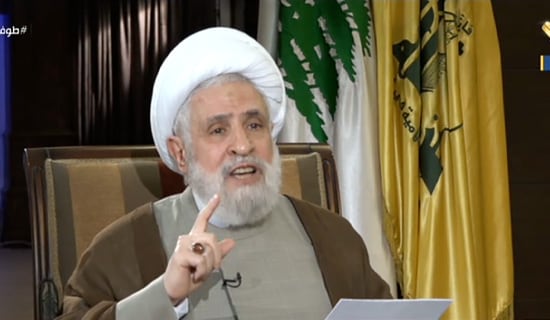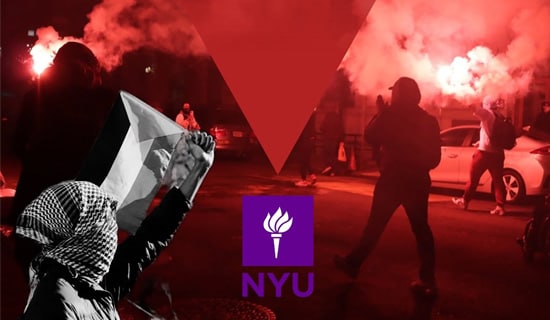In his column in the Saudi daily Al-Jazirah, senior columnist Dr. Jasser Al-Harbash denounced the economic and diplomatic boycott of Qatar in the last few weeks by Saudi Arabia, Egypt, Bahrain, the UAE and other Arab states. The boycott, according to these countries, comes in response to Qatar's support for Iran and various terrorist organizations and its efforts to destabilize Arab states. Their measures against Qatar include the severing of diplomatic ties with it; the closing of their air, sea and land borders to Qatari traffic, and the ejection of Qatari citizens from their territory. [1]
Al-Harbash argued that the boycott is ineffective because it harms the Qatari people and not the Qatari government, which, like many governments around the world and all the governments in the Arab region, does not care about the suffering of its people. He therefore called to focus the measures on the Qatari officials and "target them personally, everywhere."
It should be noted that Al-Harbash's criticism stands out as unusual in the official Saudi media, which has overwhelmingly supported the anti-Qatar measures.
The following are excerpts from his article.[2]
SUPPORT OUR WORK


The boycott of Qatar (Al-Jazirah, Saudi Arabia, June 8, 2017)
"What, in practice, is the purpose of a comprehensive boycott in response to the aggressive action of a government? The purpose is to get the people... to pressure their government to repair its relations with the [boycotting] side and to apologize to it. This assumption may be practically valid in the case of the few governments that are committed [to heeding] public opinion – providing that there are popular or legal measures and mechanisms for exerting pressure [on them]. [But] how many governments in our world fit this description today? I think they can be counted on the fingers of one hand, and in the Arab and Muslim world not a single such government exists.
"The comprehensive boycott imposed on Iraq following the second Gulf war [i.e., the 1990-1991 Gulf war] had no impact on the ruling elite in Baghdad – [which suffered no shortage of] food, drink, clothing or healthcare. [The boycott] did not give the Iraqis the courage to take to the streets to pressure their government. On the contrary – it [only] caused hundreds of thousands of Iraqi children to die of malnutrition, and the sick and elderly died as well due to the collapse of the healthcare services. It was only the Iraqi people, in its entirety, that suffered...
"Today the Arab citizens of the Gulf are seeing a certain government – not a people – disregard and harm the security of the region, including of its own people, namely the Qatari people, who are our flesh and blood in every sense of the term. Qatar is now under economic and media siege, aimed at making its citizens understand the danger posed by their government's playing with fire. This, in hopes that [the government] will listen to them and mend its ways, apologize and promise [to heed] the interests and the security of all [the people] of the region. [But] is this likely to happen? I think not. The Qatari citizens have begun to suffer tangibly, while their government grows increasingly rigid and stubborn and opens more [and more] doors for the region's historical enemies [i.e., Iran].
"So what is the right solution? The solution is to focus on restricting the movement – by air, sea and land – of the Qatari government officials and their associates, who make a living by [exploiting] religion and terror, and target them personally, everywhere. The Qatari citizen is not to blame for the crimes of his government and its agents, and has no way to fix [them]."
[1] On the events leading up to the severing of ties, see MEMRI Inquiry & Analysis No. 1315, Uproar In The Gulf Following Alleged Statements By Qatari Emir Condemning Gulf States, Praising Iran, Hizbullah, Muslim Brotherhood And Hamas, May 25, 2017.
[2] Al-Jazirah (Saudi Arabia), June 12, 2017.




